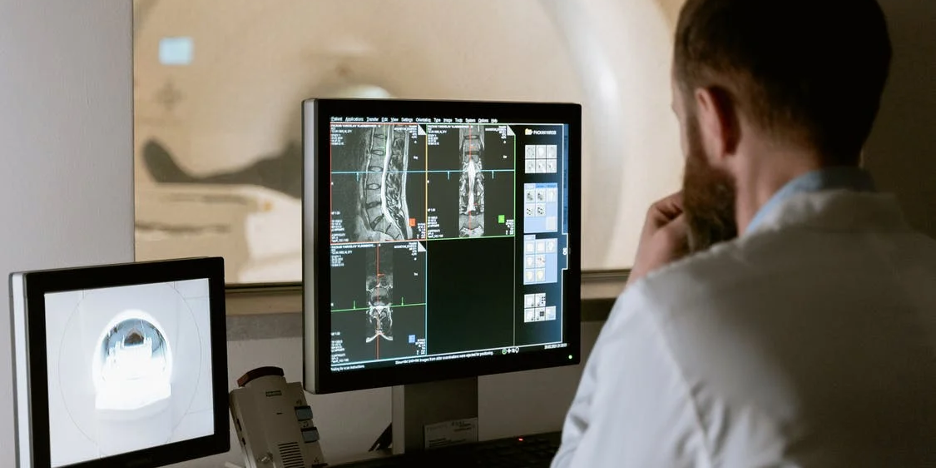Do you know that back pain is the number one reason people visit orthopedic surgeons and neurosurgeons? According to a study, 80% of Americans will experience back pain in their lifetime. If you are dealing with back pain, it is essential to know when to see a back surgeon.
While over-the-counter medications or simple exercises can resolve back pain cases, there are times when more aggressive treatment is needed. So, how do you know when to see a back surgeon? Keep reading for tips on understanding when back surgery may be necessary.
Signs that you need to see a back surgeon
If you’re experiencing back pain, you may wonder when it’s time to see a back surgeon. While many nonsurgical treatments can provide relief, there are also times when surgery may be the best option. Here’s a look at some signs that it might be time to consult with a back surgeon.
You’ve tried nonsurgical treatments for an extended period without relief.
Suppose you’ve been dealing with back pain for months or even years and tried various nonsurgical treatments like physical therapy, medication, and chiropractic care without any significant relief. In that case, it may be time to consider surgery.
Your pain is severe and significantly impacts your quality of life.
Surgery may be an option to help you find relief if your back pain is so severe that it’s preventing you from doing the things you love or from living a normal, active life.
You have weakness, numbness, or tingling in your legs.
Suppose you’re experiencing weakness, numbness, or tingling in your legs. This serious condition can lead to permanent damage if not treated. Surgery may be necessary to decompress the nerves and relieve the symptoms.
You have a herniated disc.
A herniated disc can be extremely painful and may require surgery to repair. A back surgeon can perform a discectomy, which involves removing the herniated portion of the disc.
You have spinal stenosis.
Spinal stenosis is a condition that occurs when the spinal canal narrows, putting pressure on the spinal cord. It causes pain, numbness, and weakness. Surgery may be necessary to widen the spinal canal and relieve the pressure on the spinal cord.
If you’re experiencing back pain, talk to your doctor about your treatment options. If nonsurgical treatments haven’t provided relief, it may be time to consult with a back surgeon to see if surgery is right for you.
Why you should speak with a specialist
If you’re considering surgery for your back pain, you must consult with a board-certified spine surgeon. These surgeons have the specialized training and experience to accurately diagnose and treat spine conditions. When you see a spine surgeon, they will take a thorough medical history and perform a physical exam. They may also order imaging tests, such as an MRI, to better look at your spine’s structures.
After reviewing your medical history, exam, and test results, the surgeon can determine if surgery is the best option for you. If they recommend surgery, they will also be able to discuss the specific procedure that would be most likely to provide relief from your symptoms.
If you’re dealing with back pain, don’t wait to get help. Talk to your doctor about your treatment options and whether seeing a spine surgeon is right for you.







